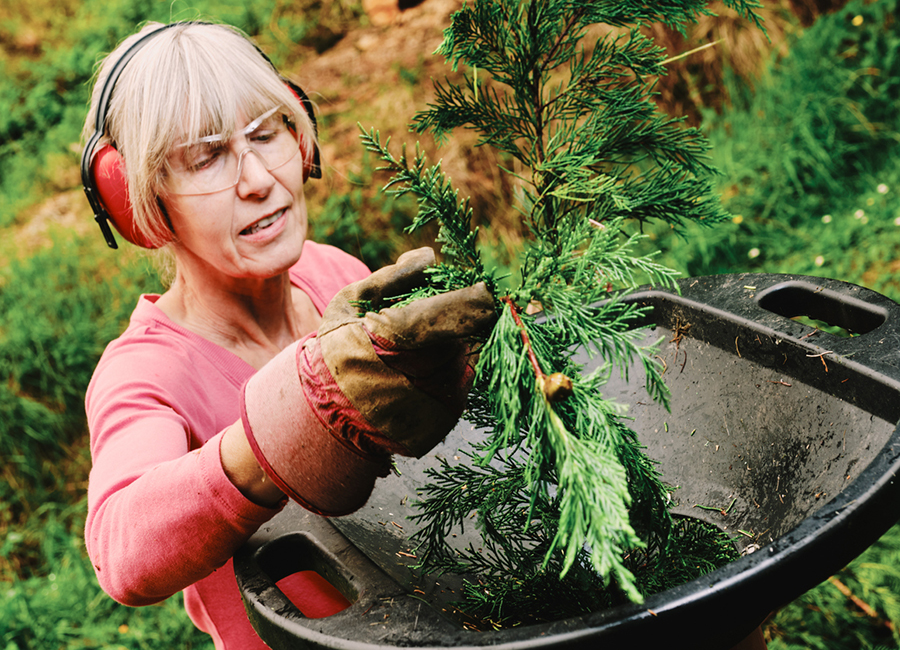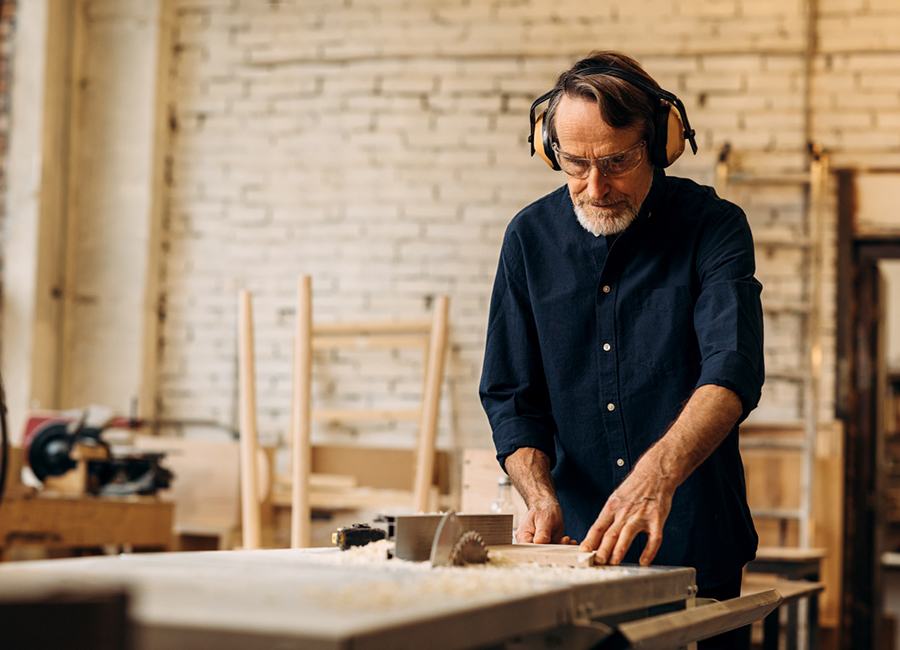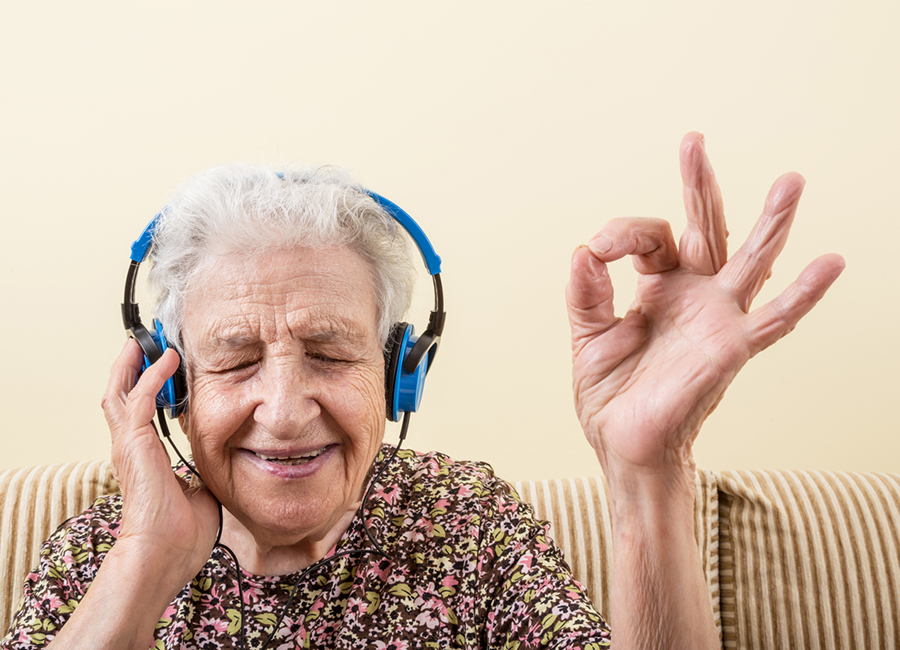Want to Prevent Hearing Loss? Listen Up!

Simple ways to protect your ears
During those invincible years when you were younger, chances are you probably didn’t think too much about protecting yourself from hearing loss. Loud concerts? Sure! Headphones blaring? Why not? Cranked car radio? Bring it on, man!
But as we age, maturity and been-there-done-that experiences can make us more aware of the damage that certain activities might cause to our bodies—and we are far more inclined to be proactive about protecting our health (oftentimes once the damage is already done), which of course includes our hearing health.
47% of those over the age of 60 have some degree of hearing loss—but if you do, it’s not necessarily something you had any control over.1 Certain health conditions, like heart disease and diabetes, some medications, genetics, and continuous exposure to loud noises at your workplace can all contribute to hearing loss.2
But while some contributing factors may be out of your control, there are simple things you can do to help preserve your hearing as you age.

First and foremost, protect your ears from loud sounds whenever possible. Sounds are considered harmful when they exceed 85 decibels (dB), and there are a lot of everyday sounds that fall into that category. A normal conversation is about 60 dB, but a busy street can be 75-85 dB, a lawn mower 90dB, music on a smartphone 112 dB, and a rock concert a whopping 120 dB.
Obviously you can’t always be prepared—an ambulance passing by with its siren on is also 120 dB—but when you do know you’ll be exposed to loud noises, always protect your ears.
Sounds that exceed 105dB require double protection (earplugs and earmuffs).
Remember, some damage after noise exposure can be temporary, resolving after a few days of rest in a quieter environment. But unfortunately, damage can also be permanent.
How can I reduce the risk of hearing loss?
- If you’re going to be in a noisy environment like a concert or a workplace where you’re near heavy machinery, always wear earplugs or noise cancelling headphones
- When you’re using earphones or earbuds to listen to music or podcasts, make sure you have the volume set at a safe level. Don’t turn the sound up past 60% of the maximum volume of the audio device you’re listening to
- Give your ears a break as often as you can. Move away from noisy environments, and try to avoid being in noisy places for more than an hour if possible
If you’ve noticed that conversations seem muffled, you can’t hear higher pitched sounds, men’s voices are easier to hear than women’s, or you have ringing in your ears, you might be among the 47% of adults affected by age-related hearing loss.

While there is no official cure for hearing loss, the good news is that there are treatment options available to help you hear better if you do have some damage that’s making it difficult for you to feel connected to the world around you in a meaningful, inclusive way. After all, life is worth hearing, and options like hearing aids are a wonderful way to get back what you’ve been missing.
The first step is to schedule an appointment with a hearing professional who can assess the status of your hearing health by administering a free hearing test—no referral required!
#LoveYourEars and book a free hearing test at a HearingLife clinic near you today to get the process started. You can also ask their hearing professionals about the customized ear molds they offer for hearing protection unique to your ears.
HearingLife forms the largest network of hearing clinics with over 350 clinics across Canada. Staffed by certified hearing healthcare professionals, HearingLife offers the most advanced hearing aid technology and up-to-date diagnostic equipment, as well as clinical support and exclusive 360-AfterCare.
Visit HearingLife.ca to book an appointment and to get your free hearing test today.

